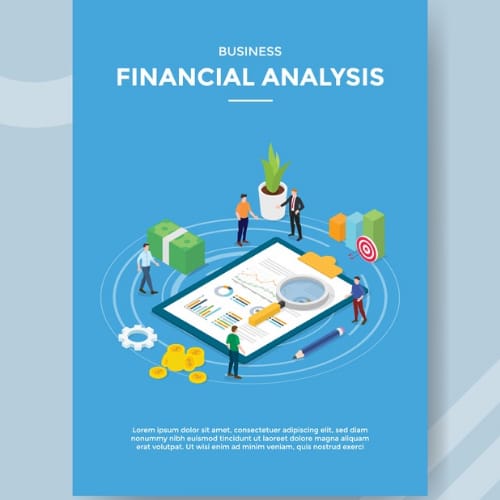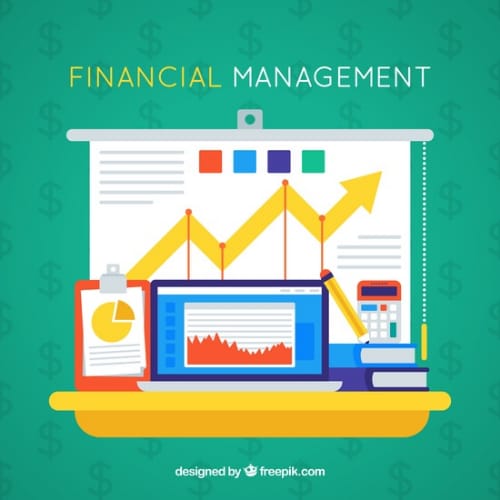STALK STOCK ONLINE FZE
Sharjah Research Technology & Innovation Park, Al Dhaid, Near To Airport, University City, Sharjah, 26071
Since : 2023
Sharjah Research Technology & Innovation Park, Al Dhaid, Near To Airport, University City, Sharjah, 26071
Since : 2023
Crypto Trading Training is a specialized educational program aimed at teaching individuals the skills and knowledge required to trade cryptocurrencies successfully. These training courses cover a wide range of topics including blockchain fundamentals, cryptocurrency market analysis, technical and fundamental analysis, trading strategies, and risk management. The goal is to equip learners with practical tools and insights to navigate the volatile and fast-evolving world of digital assets confidently.
In Dubai, a city rapidly embracing fintech innovations, crypto trading training has become increasingly popular among investors and traders. Dubai’s open regulatory environment and advanced infrastructure make it an ideal location for accessing high-quality crypto education. Many training providers offer flexible options, from online courses to in-person workshops, tailored to meet the needs of both beginners and experienced traders looking to sharpen their skills.
Customers interested in Crypto Trading Training in Dubai expect comprehensive courses that not only explain theoretical concepts but also offer hands-on practice through live market demonstrations and simulation tools. They seek flexible learning schedules, expert mentorship, and access to updated market information. Additionally, learners value training programs that focus on risk management and security practices to protect their investments in the unpredictable crypto market.
·
STALK STOCK ONLINE FZE
Sharjah Research Technology & Innovation Park, Al Dhaid, Near To Airport,
University City, Sharjah, 26071
·
Dubai Crypto Academy
Dubai Internet City, Building 7, Dubai
·
Blockchain & Crypto Training Institute
Dubai Knowledge Park, Dubai
·
FinTech & Crypto Learning Center
Business Bay, Dubai
·
Dubai Crypto Traders Hub
Jumeirah Lake Towers (JLT), Dubai
·
Crypto Education Center Dubai
Dubai Silicon Oasis, Dubai
·
Emirates Blockchain Academy
Dubai Media City, Dubai
·
Dubai Digital Assets Training Institute
Dubai Multi Commodities Centre (DMCC), Dubai
·
Al Noor Crypto Trading School
Al Quoz Industrial Area, Dubai
·
Sharjah Crypto & Blockchain Training Center
Sharjah Research Technology & Innovation Park, Al Dhaid, Sharjah
Crypto trading refers to the buying and selling of cryptocurrencies like Bitcoin, Ethereum, and many others on various digital exchanges. Unlike traditional stock markets, crypto trading operates 24/7, allowing traders to capitalize on price movements at any time. It involves analyzing market trends, using technical and fundamental analysis, and understanding market sentiment to make profitable trades. With the rise of blockchain technology, crypto trading has become accessible to a wider audience, offering exciting opportunities but also carrying significant risks due to market volatility.
Crypto trading works by exchanging one cryptocurrency for another or trading digital assets for fiat currencies such as USD or EUR. Traders use various platforms called cryptocurrency exchanges, which provide tools for market analysis and order execution. Successful trading requires knowledge of market indicators, chart patterns, and risk management strategies. Additionally, some traders use leverage or margin trading to amplify gains, though this also increases risk. Staying updated on news and regulatory developments is crucial as these factors heavily influence crypto prices.
Crypto trading involves buying and selling digital currencies like Bitcoin, Ethereum, and many others through online platforms called cryptocurrency exchanges. Traders aim to profit from price fluctuations by timing their trades well.
Cryptocurrency is a type of digital or virtual money secured by cryptography, making it decentralized and often operating on blockchain technology. Unlike traditional currency, cryptocurrencies are not controlled by any central authority.
Choose a Crypto Exchange: Platforms like Binance, Coinbase, Kraken, and others allow you to buy, sell, and trade cryptocurrencies.
Create an Account: You need to sign up and verify your identity to start trading.
Deposit Funds: Add fiat currency (like USD, AED, or INR) or other cryptocurrencies into your exchange wallet.
Spot Trading: Buying and selling actual cryptocurrencies instantly at current market prices.
Margin Trading: Borrowing funds to trade larger positions, increasing potential profits and risks.
Futures and Derivatives: Contracts based on the price of cryptocurrencies without owning the underlying asset.
Traders place buy or sell orders on the exchange. When a buy order matches a sell order at the same price, the trade is executed. Prices fluctuate based on supply and demand.
Crypto traders use:
Technical Analysis: Studying charts, price patterns, and indicators to predict future movements.
Fundamental Analysis: Evaluating news, technology updates, regulations, and adoption trends.
Cryptocurrency markets are highly volatile, with prices sometimes changing drastically in minutes. While this creates profit opportunities, it also increases risk.
Start with a small investment.
Use stop-loss orders to limit losses.
Stay updated on market news.
Avoid emotional decisions.
Diversify your portfolio.
One of the main benefits of crypto trading is the potential for high returns due to the volatile nature of cryptocurrencies. The decentralized and global nature of crypto markets allows traders to participate without intermediaries. However, this volatility also means prices can change rapidly, leading to substantial losses if not managed carefully. Risks include hacking, regulatory changes, market manipulation, and liquidity issues. Therefore, it’s essential for traders to have a clear strategy, use secure platforms, and never invest more than they can afford to lose.
Cryptocurrency trading has gained immense popularity thanks to its potential for high returns and the revolutionary technology behind it. However, like any investment, it comes with both significant benefits and notable risks. Understanding both sides is crucial before diving in.
Cryptocurrencies are known for their volatility, which can lead to significant price swings — creating opportunities for substantial gains within short timeframes.
Unlike traditional stock markets, crypto exchanges operate around the clock, allowing traders to buy or sell at any time globally.
Many cryptocurrencies run on decentralized blockchains, reducing reliance on banks or governments and increasing transparency of transactions.
Traders can engage in spot trading, margin trading, futures, options, and even DeFi (Decentralized Finance) instruments.
You don’t need large capital to start trading crypto — many exchanges allow trading with small amounts, making it accessible for beginners.
Crypto markets are evolving with new tokens and technologies, offering opportunities to invest in promising projects early.
Prices can swing wildly, leading to rapid losses if trades are not managed carefully.
Cryptocurrency regulations vary widely by country and can change quickly, impacting market access and legality.
Exchanges and wallets can be vulnerable to hacking, scams, or fraud, potentially leading to loss of funds.
Unlike regulated stock markets, many crypto exchanges lack investor protection schemes.
High volatility may trigger fear or greed, causing impulsive decisions and losses.
Understanding wallets, private keys, and blockchain technology can be challenging for beginners.
Crypto trading offers exciting opportunities but requires education, discipline, and risk management. New traders should start small, use demo accounts, and consider proper training to navigate this volatile market safely.
1. What
is crypto trading?
Crypto trading is the act of buying and selling cryptocurrencies on digital
exchanges to profit from price fluctuations.
2. How is
crypto trading different from stock trading?
Crypto trading happens 24/7, is more volatile, and involves digital currencies
instead of company stocks.
3. What
are the popular cryptocurrencies for trading?
Bitcoin (BTC), Ethereum (ETH), Binance Coin (BNB), Ripple (XRP), and many
others.
4. What
tools do traders use for crypto trading?
Charting software, technical indicators, news aggregators, and trading bots.
5. Is
crypto trading risky?
Yes, due to high volatility and regulatory uncertainties.
6. Can I
start trading with a small amount?
Yes, many exchanges allow trading with small capital.
7. What
is margin trading in crypto?
Trading using borrowed funds to increase potential returns, which also
increases risk.
8. How do
I choose a good crypto exchange?
Look for security, fees, user interface, liquidity, and customer support.
9. Are
cryptocurrencies legal?
Legality varies by country; always check local regulations before trading.
10. How
can I protect myself from crypto scams?
Use reputable exchanges, enable two-factor authentication, and avoid
unsolicited investment offers.

Sharjah, University City

Sharjah, University City
Latest Customer Reviews
"Best online Trading Course in Dubai"